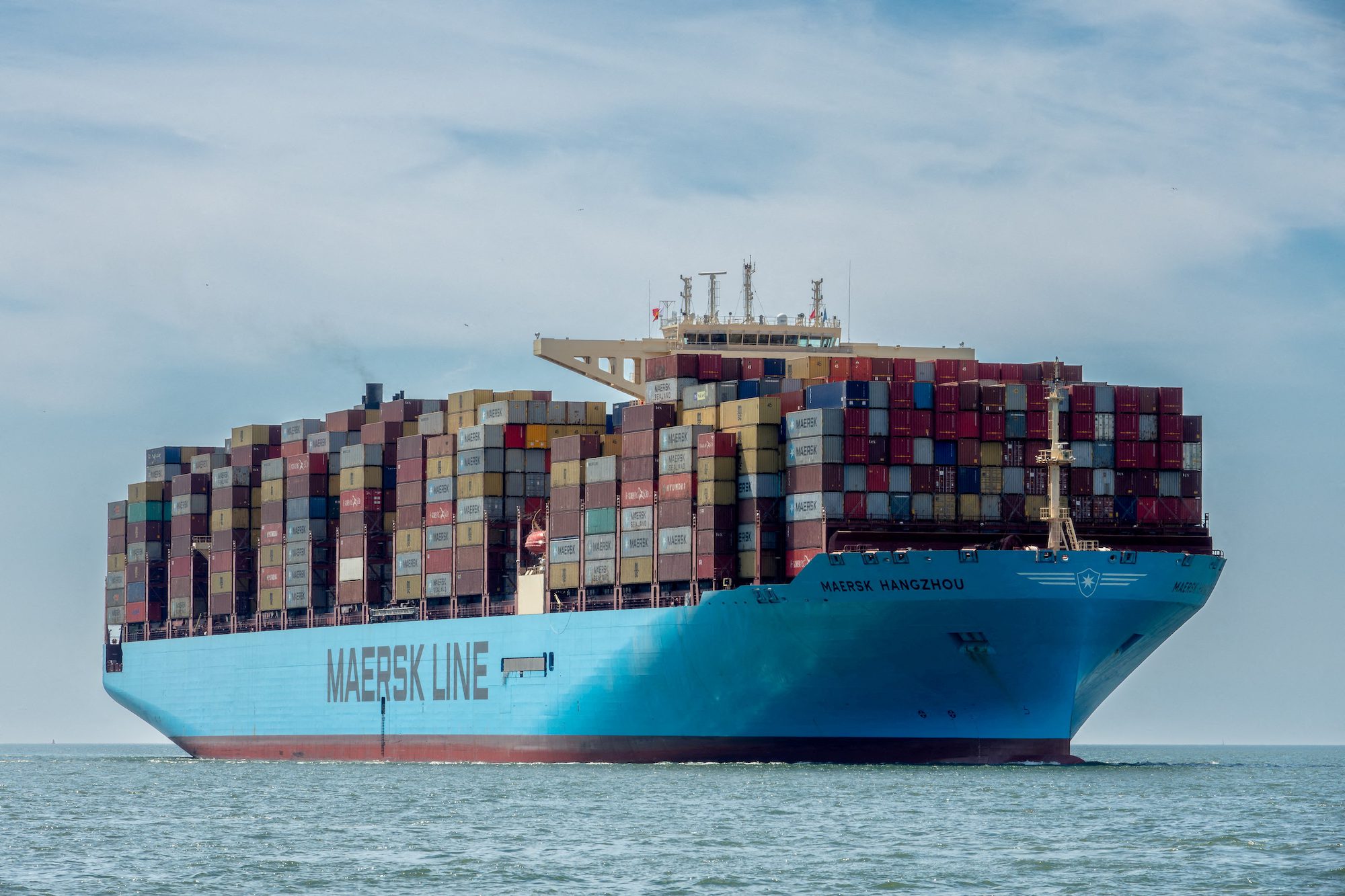The International Chamber of Shipping has announced a strategic partnership with the International Renewable Energy Agency (IRENA) to further support for the decarbonization of the shipping industry and its role in advancing the global energy transition to renewables.
The two organizations signed the partnership agreement at the twelfth session of the IRENA Assembly 2022. Over the next two years, the partnership will provide a framework to assist with the the sector’s decarbonization effort and the use of renewable technologies. It will also enable the industry to work closer with IRENA’s global membership of more than 160 countries and territories on issues related to the increasing role of renewable energy in decarbonizing shipping.
The organizations will set up a regular exchange of information regarding energy supply and demand relevant to the shipping sector and exchange of data on scenarios of ‘future fuels’ (such as green hydrogen and ammonia), for both nation states and the shipping industry. The partnership agreement will also draws particular focus on the need to ensure an equitable energy transition for developing economies, and the important role of capacity building as well as recognizing the energy needs of shipping itself.
“Shipping accounts for nearly 3% of global CO2 emissions, and our decarbonization journey is a massive challenge,” said ICS secretary general Guy Platten. “We need to reduce our reliance on carbon-intensive fuels to power ships, not least because in years to come the global fleet will need to ship zero carbon fuels to countries around the world. Our new strategic partnership with IRENA is a vital steppingstone to ensuring that transporting green fuels is itself made ‘green’. It is vital that the shipping sector continues to get closer to producers and consumers to facilitate the transition to zero emission fuels, and is a key part of the solution, not a blocker, to the zero-emission transition.”
ICS hopes that the agreement with IRENA, with new access governments from 167 countries, will spur R&D investment from political decision-makers into making zero-carbon fuels widely commercially available.
The ICS has said $5 billion is required to accelerate research and development into zero-carbon fuels in the shipping sector and has proposed an International Maritime Organization supervised R&D fund, paid for by a mandatory tax on marine fuel, to help accelerate zero-carbon fuels and technologies within the shipping industry.
According to IRENA, shifting to alternative fuels, such as hydrogen, ammonia, biofuels and electrification from renewable sources, could cut 80% of emissions from maritime transport by 2050.
‘‘Urgent action is needed to accelerate the pace of the global energy transition and the decarbonization of the global economy. International shipping is a key sector of the economy. Indeed, more than 80% of global trade is enabled via ocean going vessels. Yet the sector is also one of the most challenging to decarbonize,” said IRENA Director-General, Francesco La Camera.
“As such, the shipping sector requires significant levels of investment and cooperation to ensure it contributes positively to the global climate agenda. To solve these challenges, we must continue with efforts to build a grand net zero coalition, bringing industry and the policy community together. This agreement is another positive step in that direction. Under this partnership, IRENA will work towards joint solutions to overcome existing challenges to decarbonise the shipping sector,” he said.

 Join The Club
Join The Club











